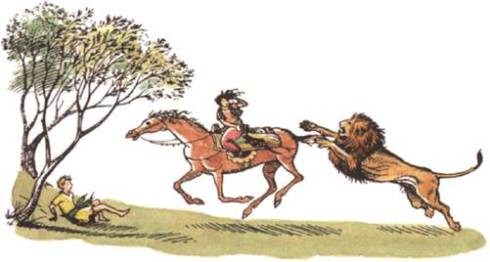I’m one of those obnoxious Catholic girls who loves hearing people’s vocation stories. And now that I’ve been on this journey myself, I love it even more. I’ll track down just about anything in a habit and demand to know how it got there, and in recent months I’ve been more brazen than ever.
As I prepare to enter the postulancy this August, the focus on people’s stories has struck me in a new way. Each of us has a story, and those stories should be shared. Really, they’re begging to be, but so often we don’t bother to ask. For some reason, religious vocation strips away some of those barriers, and I’m constantly surprised, humbled, and yes – delighted by it.
When you tell people you’re entering a convent, they don’t just ask to hear your story – though they usually want to know – they want to tell you theirs. The receptionist at my dentist’s office told me all about his experience in a Catholic elementary school where he was taught by kind nuns. An old colleague talked about visiting his grandmother in Peru, and playing in the sun in a local convent’s courtyard where she went often to visit. Another colleague talked about being let out of detention in his Catholic high school by a sympathetic sister. Friends and acquaintances have discussed their own discernment experiences, or family members or friends who entered religious life.
I know for myself, I worry about being rude or pushy if I ask people (other than religious, of course) to tell me about themselves – beyond the typical name, place of origin, job description. I struggle with the sense of encroaching on someone’s boundaries if I try to scrape the surface. And I hesitate to share my own story because I don’t want to be the over-sharer. I certainly don’t want to tell my story only to be ignored or half-heard or (worst of all) judged. But I’m coming to realize that our stories aren’t for ourselves alone; they demand to be shared, and there’s a lot of joy in sharing and encountering someone else in a deeper way through hearing about their experiences.
Some of my friends went on a road trip a couple of years ago, and one of them suggested sharing life stories during the long drive. It was a surprising and I think profound experience for them, and I’ve always been a little disappointed that I missed it, though I’ve been filled in on some of the stories since. Even now, it’s great to watch them reminisce about that experience. Clearly, it made their friendship much deeper.
Another friend once surprised me at a large gathering when he asked a complete stranger, clearly searching for a good conversation topic, “So – what’s your story?” Even more surprising was the person’s response. She brightened up and started talking. Granted, some people might find such a question invasive, but I think there’s a universal desire to be drawn out of ourselves in some way. We all want to share our stories, and to have someone else listen to them and even enter into them with us.
Of course, there are some parts of our stories that aren’t meant to be communicated. We each live a unique, individual life, and some parts are meant to be wrapped up in a secret place shared only between ourselves and our Maker. There’s a great moment in C.S. Lewis’ The Horse and His Boy, when one of the main characters, Aravis, learns that her maid was severely beaten because Aravis tricked her so she could run away from home. She knew when she left that the maid would probably be beaten, but she didn’t care. Now she’s sorry, and she asks Aslan if the girl will be all right. Aslan answers, “Child, I am telling you your story, not hers.”
There’s a fine line between sharing stories and just plain nosiness, and that can be a hard thing to discover. But we have a duty to be ready to encounter the other, and even to invite them to the encounter, and one of the first ways to do that is through sharing who we are, where we’ve been, what we’ve done.
Like Mary in the gospel of Luke, carrying Christ to her cousin, each of us can and should say, “The Almighty has done great things for me” – and I’m aching to tell you about it, and to hear what he has done for you.
-Mabel

